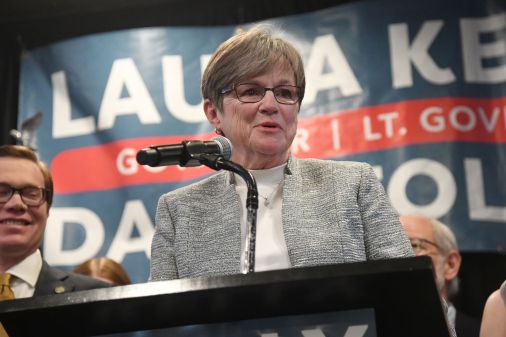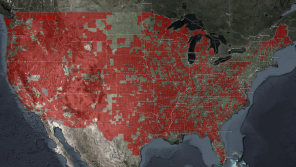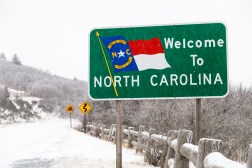Colorado’s new broadband advisory group to boost coordination

A broadband advisory board created last month by Gov. Jared Polis could improve access to high-speed internet for residents during the COVID-19 pandemic and beyond.
The Colorado Broadband Advisory Board is tasked with offering broadband policy recommendations to state lawmakers and streamlining broadband expansion projects that involve state agencies. Polis said the work is especially needed as more residents depend on the internet to remotely access their health care, work and education — all needs that will persist, though in lesser degrees, after the health crisis has ended.
The new board, comprised of state officials from Colorado’s economic, regulatory and transportation departments, as well as Tony Neal-Graves, the executive director of the Colorado Broadband Office, will gauge Coloradans’ concerns about broadband access and direct agencies and private-sector partners on where to send resources so that they’re effectively used. Through the board, state agencies can work together on broadband initiatives that may have been previously siloed from one another, Neal-Graves said.
“Agencies would benefit greatly by collaborating and sharing information, leading to increased broadband deployment into communities and an increased return on investment on state-owned assets and funding,” reads the governor’s Oct. 30 Broadband Initiatives Report. “… This [pandemic] has been a clear indicator that collaboration within state agencies, but additionally with private industry, is key to the success of the state broadband programs and initiatives.”
Colorado operates two broadband grant programs that have invested more than $40 million each into expansion projects over the last four years. The Department of Local Affairs’ broadband program, which is funded by mineral leases and severance taxes, has paid out $42 million to improve middle-mile fiber infrastructure in rural parts of the state. A program run by the state’s Department of Regulatory Affairs has paid out $40 million to support last-mile infrastructure. But the programs “are not sustainable or easily measurable,” according to the initiatives report.
The new advisory board is intended to enable other agencies and offices to get involved in those two programs. To complement those infrastructure efforts, the board will also a establish a subcommittee with the state’s Office of the Future of Work, which will monitor digital literacy and inclusion initiatives in the state.
“Over the past five years, it has become obvious that closing the digital divide will not happen simply by funding the deployment of broadband infrastructure. Access is only half the battle, broadband policies must be inclusive and support affordable access as well as digital literacy programs to enable adoption,” the report states.





